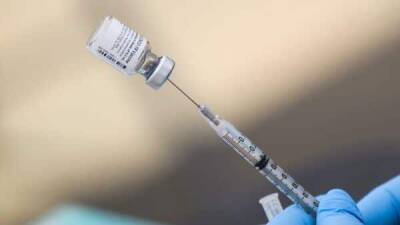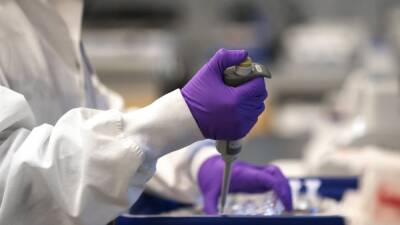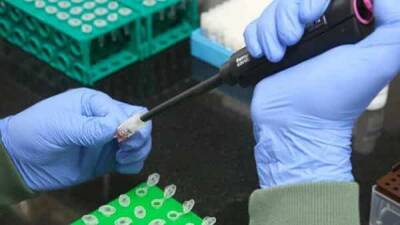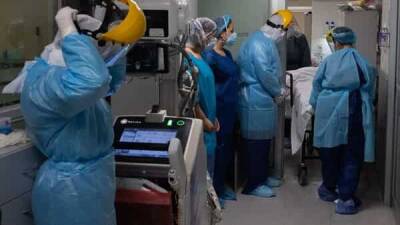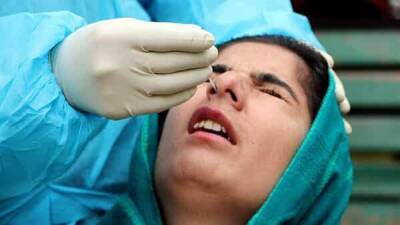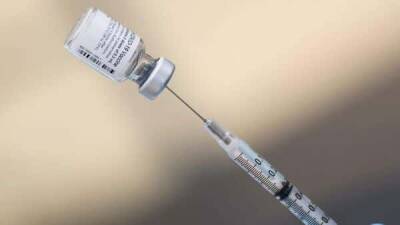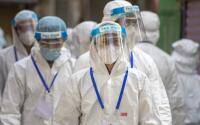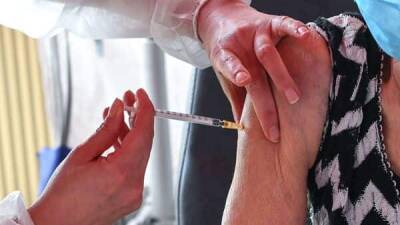NASEM report urges medical supply chain transparency, agility
The United States must shore up medical product supply chains before the next pandemic or other natural disaster, warns a new National Academies of Sciences, Engineering and Medicine (NASEM) expert panel report.The "Building Resilience into the Nation's Medical Product Supply Chains," released on Mar 3, was sponsored by the US Department of Health and Human Services (HHS) Office of the Assistant Secretary for Preparedness and Response (ASPR).
Congress mandated its publication as part of the 2020 Coronavirus Aid, Relief, and Economic Security (CARES) Act.US heavily reliant on foreign manufacturersDisruptions to the medical supply chain, such as those from infectious disease outbreaks, geopolitical conflicts, and quality issues at drug-production sites, affect health, cost medical facilities millions each year, and they can bring clinical research to a halt—all longstanding issues brought to the fore by the COVID-19 pandemic—the document says."Because medical product supply chains are complex, multi-level, globally-distributed systems that involve people, processes, technologies, and policies, they are vulnerable to many types of risk, as well as amenable to many types of remediation," according to the report.Throughout the pandemic, hospitals and nursing homes were forced to make difficult decisions when confronted with limited supplies of drugs, ventilators, and personal protective equipment such as N95 respirators.
At the same time, some manufacturing plants closed, leaving makers of diagnostics, treatments, and vaccines to jockey for raw materials.The United States depends heavily on foreign sources for medical products and active pharmaceutical ingredients (APIs) for making drugs, the report noted.
Read more on cidrap.umn.edu
